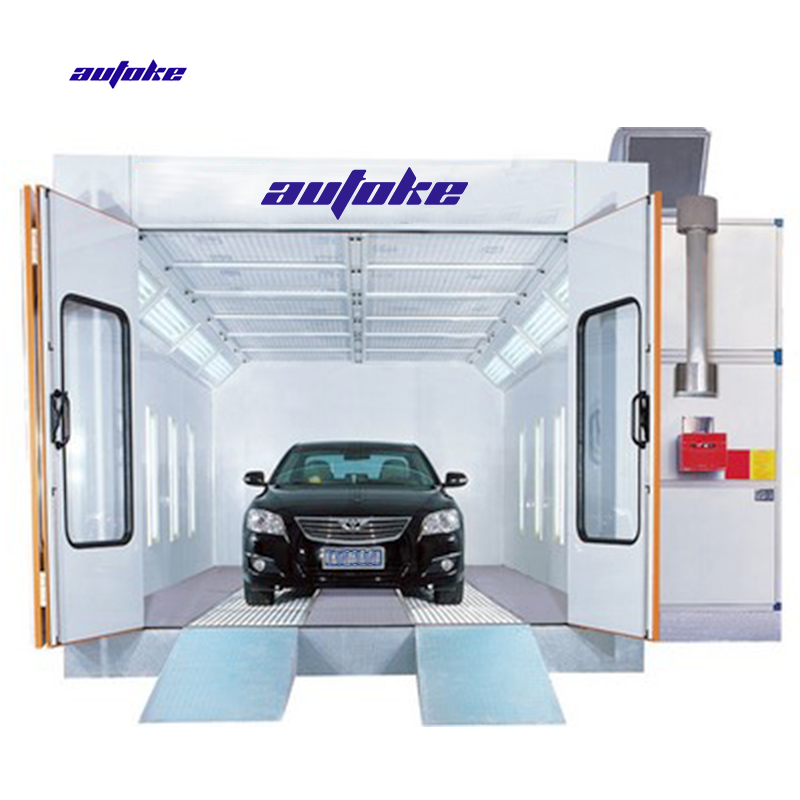Transportation plays a vital role in our daily lives, enabling the movement of people and goods. With a plethora of vehicle options available, it can be challenging to determine which one is best suited for specific transportation needs. In this blog post, we will explore various factors to consider when selecting the optimal vehicle for efficient transportation.
- Understanding Transportation Requirements:
Before delving into the specifics of different vehicles, it is crucial to assess the transportation requirements. Factors such as distance, payload capacity, terrain, and environmental impact should be considered. By understanding these requirements, one can make an informed decision. - Cars: The Versatile Choice:
For personal transportation needs, cars offer a versatile solution. They are suitable for short to medium distances, provide comfort, and offer ample storage space. Additionally, advancements in electric and hybrid technologies have made cars more environmentally friendly. - Motorcycles: Agile and Efficient:
Motorcycles excel in urban environments, offering agility and maneuverability. They are ideal for short commutes, especially in congested areas. Motorcycles also consume less fuel, making them a cost-effective and eco-friendly option. - Vans and Trucks: Hauling Goods:
When it comes to transporting goods, vans and trucks are indispensable. Vans are suitable for smaller loads and urban deliveries, while trucks are designed for heavy-duty hauling over long distances. Considerations such as payload capacity, fuel efficiency, and maneuverability are crucial in selecting the right vehicle for efficient goods transportation. - Public Transportation: Mass Movement:
Public transportation systems, including buses and trains, are essential for mass movement. They offer a sustainable solution by reducing traffic congestion and carbon emissions. Factors such as passenger capacity, frequency, and accessibility should be evaluated when choosing public transportation options. - Specialized Vehicles: Catering to Unique Needs:
Certain industries require specialized vehicles to meet their unique transportation needs. For example, construction companies may require dump trucks, while emergency services rely on ambulances. Understanding the specific requirements of these industries is vital to select the most suitable vehicle.
Conclusion:
Choosing the best vehicle for efficient transportation involves a careful evaluation of various factors, including transportation requirements, distance, payload capacity, terrain, and environmental impact. By considering these factors and understanding the specific needs of different industries, one can make an informed decision. Whether it's personal transportation, goods delivery, or mass movement, selecting the right vehicle is crucial for optimizing efficiency and minimizing environmental impact.
